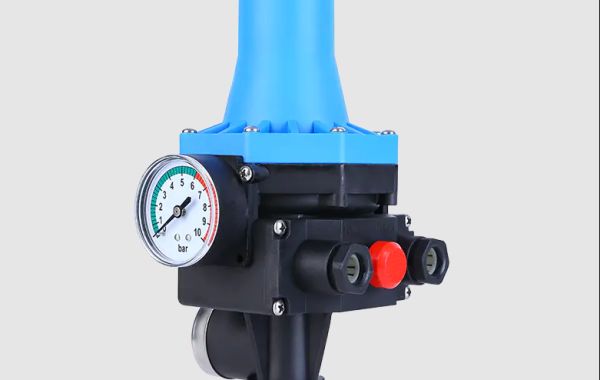An automatic water level controller is a smart solution for managing water levels in tanks and reservoirs. These systems provide precise control over water storage, ensuring that tanks are neither underfilled nor overfilled.
Automatic water level controllers use sensors to monitor the water level in a tank. When the water level falls below a certain point, the system activates a pump or valve to fill the tank. Once the water level reaches the desired point, the controller automatically shuts off the pump or closes the valve.
One of the primary benefits of an automatic water level controller is its ability to prevent overflow and underflow. This not only conserves water but also protects pumps from running dry and getting damaged. Additionally, it reduces the need for manual intervention in monitoring and controlling water levels.
These controllers are widely used in various applications, such as domestic water storage tanks, industrial reservoirs, and agricultural irrigation systems. They are essential for maintaining a consistent water supply and preventing water wastage.







